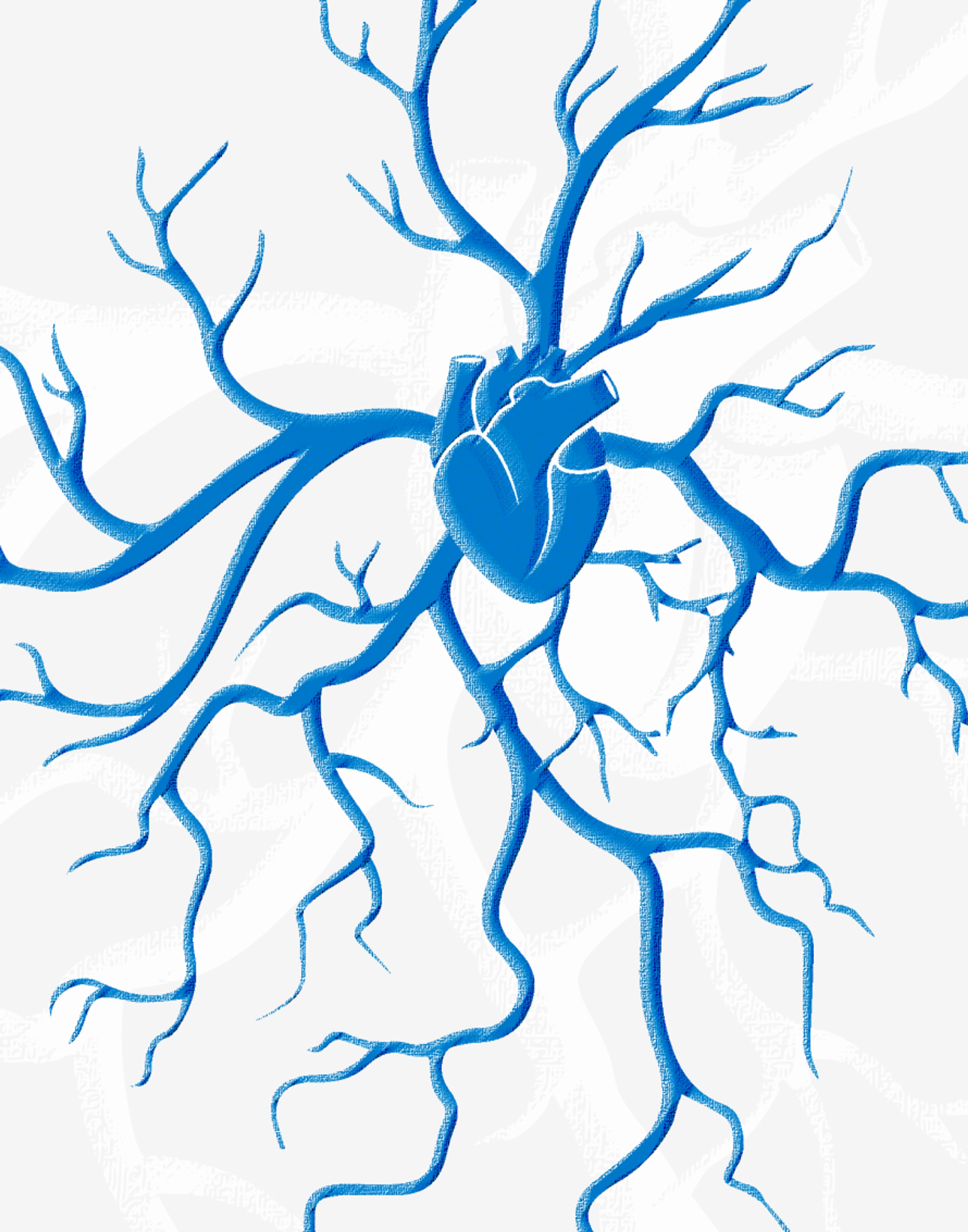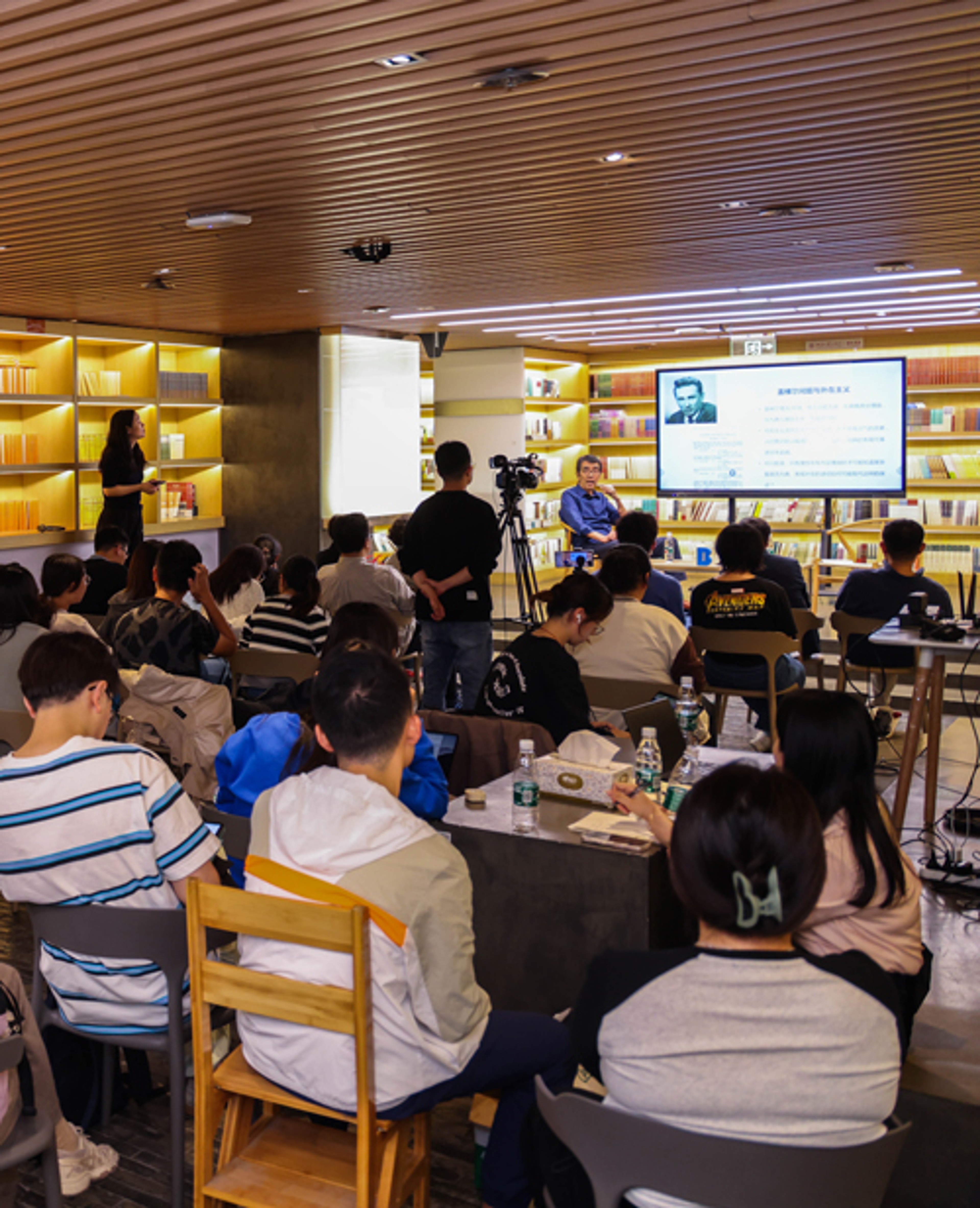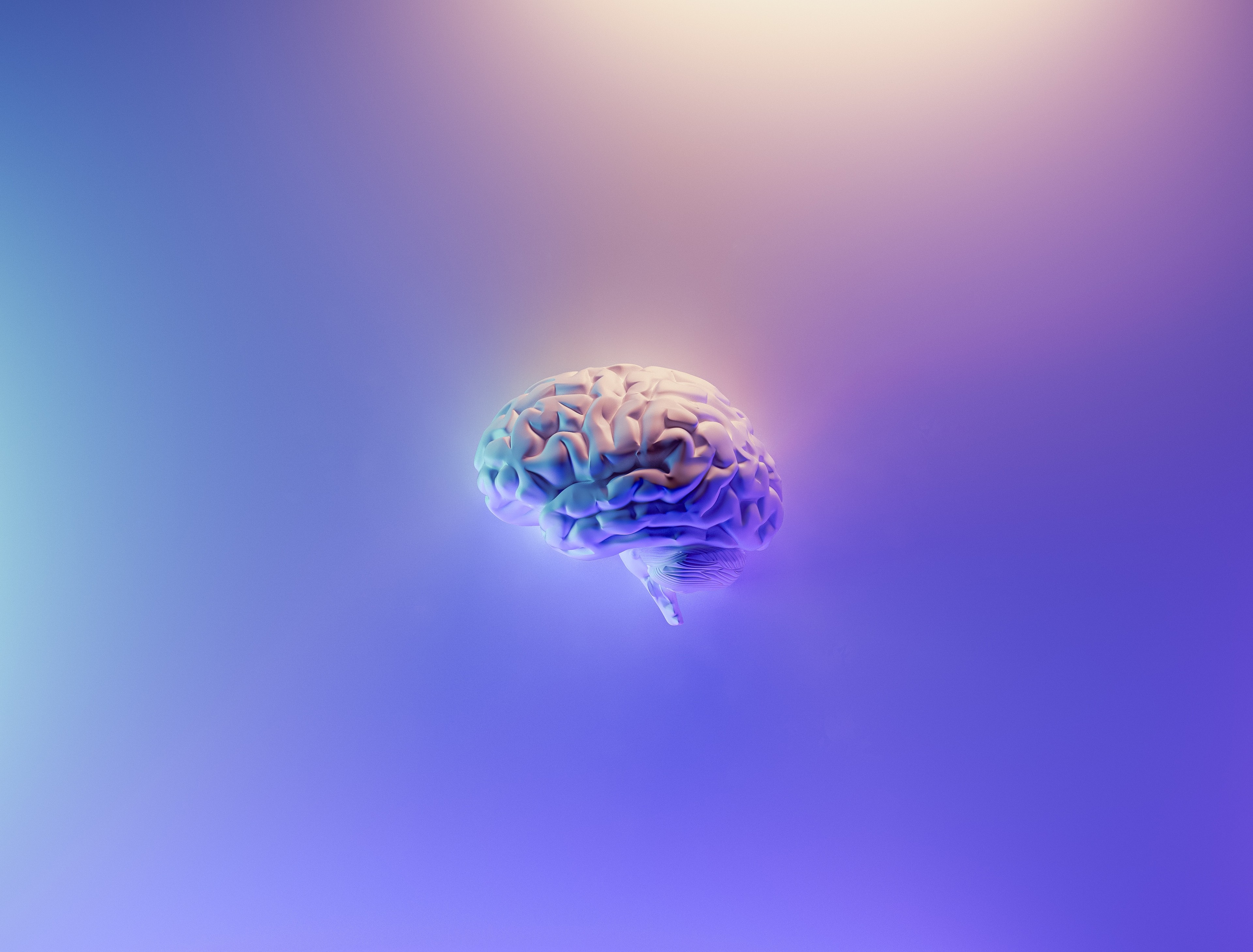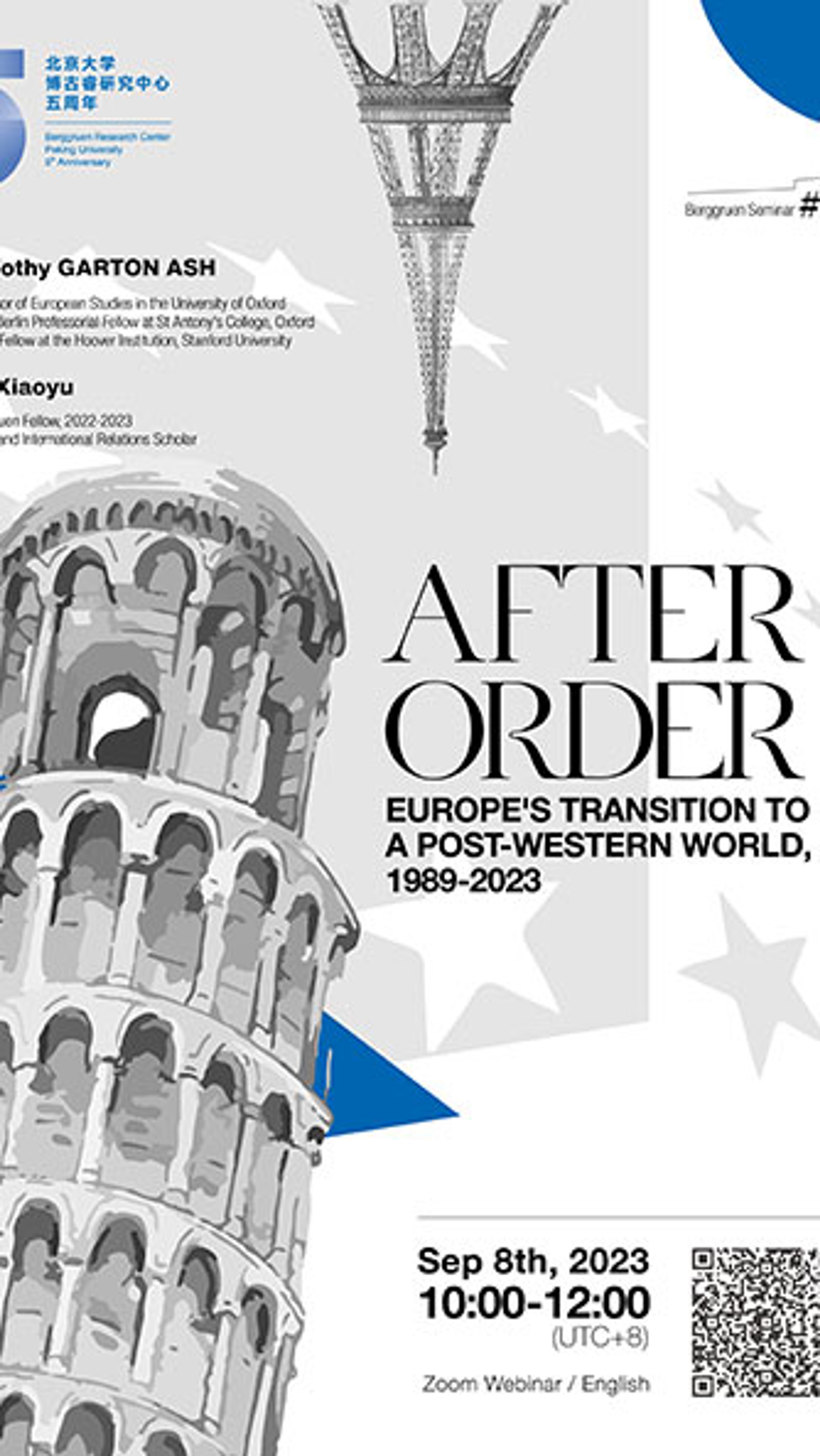Aristotle on Emotions and Emotion Proof

- Date: April 14, 2025
- Location: All Sages Bookstore, Beijing
This lecture defends an account of how Aristotle thought arousing audience emotions could provide 'proof' of the orator's favoured conclusion. Aristotle's most extended treatment of the emotions comes from his Rhetoric. In his Rhetoric, he defends a view of the proper expertise in public speech-making according to which the entire focus of the expert orator is on providing their audience with 'proofs' of their favoured conclusions. But this in turn generates a further concern about the propriety of using emotion-arousal persuasively: how should the expert orator ensure that emotions do not fix the audience's attention on particular objects in ways that outstrip their evidential significance in relation to the question under discussion (in a lawcourt or political assembly)?

Speaker
Jamie Dow
Associate Professor and Director, Research & Innovation at the Inter-Disciplinary Ethics Applied (IDEA) Centre, Leeds University
Director of Internationalisation, School of PRHS, Leeds University
Jamie Dow's research primarily focuses on Ancient Philosophy, with a particular interest in Applied Ethics, especially in the areas of Persuasion and the Emotions. He also serves as the principal investigator for the 'Leading Minds' research project, which explores the Ethics of Persuasive Leadership at the IDEA Centre. He is widely regarded as one of the most influential scholars in the field of Aristotle studies, particularly in the area of Rhetoric. He has published extensively in numerous leading academic journals, with a notable contribution being his 2015 book Passions and Persuasion in Aristotle's Rhetoric (Oxford Aristotle Studies). Currently, he is working on a new book, tentatively titled Aristotle on Right Rhetoric: Aristotle’s Blueprint for an Expertise in Public Persuasion Worth Cultivating.

Moderator
CHENG Wei
Associate Professor, Department of Philosophy and Religious Studies, Peking University
2024—2025 Berggruen Fellow
Wei Cheng received his Ph.D. from the Humboldt University in Berlin and is currently a (tenured) Associate Professor in the Department of Philosophy at Peking University. His research interests include Plato, Aristotle, the Old Academy, and the ancient commentary tradition, as well as modern German philosophy (early Romanticism, Nietzsche, etc.), contemporary philosophy of mind, and moral psychology. Outside of philosophy, he is also interested in ancient Greek tragedy, the interaction of medicine and philosophy in antiquity, and the history of classical scholarship (for more information, see his homepage).
Lecture Notes
On the evening of April 14, 2025, the 37th session of the Berggruen Lecture Series, titled "Aristotle on Emotions and Emotional Justification," was held at All Sages Bookstore. The lecture was presented by Jamie Dow, Associate Professor and Director of Research and Innovation at the Interdisciplinary Centre for Applied Ethics (IDEA) at the University of Leeds, and was hosted by Cheng Wei, a tenured Associate Professor in the Department of Philosophy at Peking University and a 2024-2025 Berggruen Fellow.
Aristotle’s Rhetoric argues that speakers can reshape the judgments of their audience by evoking specific emotions (such as anger or pity), thereby providing "justification" for their argumentative goals. This legitimate use of emotion is not emotional manipulation but rather an important persuasive tool that is placed alongside "reason" (logos) and "character" (ēthos).
The lecture focused on Aristotle's theoretical positioning of emotions, which are experiences of pleasure and/or pain that have representational content, derived from our cognition or commitment to relevant situations. This gives emotions an epistemic role, allowing them to convey relevant justificatory content when used appropriately, thereby achieving persuasive goals.
By reconstructing Aristotle's theory, Professor Dow pointed out that in Rhetoric, emotions are placed within the context of ethical and political practice. Speakers analyze specific situations and use "rhetorical syllogism" (enthymema) to align with the audience's cognition, making emotions an assistant to rational judgment.
Recent Theoretical Dialogue and Reconstruction
In the 2024 publication Aristotle on What Emotions Are, Giles Pearson similarly points out that, according to Aristotle, emotions are understood as experiences of pleasure and/or pain with representational content. However, unlike Jamie Dow, Pearson argues that our cognition or representation of relevant situations does not constitute a part of the emotion itself. Instead, emotions such as pleasure and/or pain are responses to the state of relevant cognition or representation.
Jamie Dow argues that if this understanding is correct, emotions lack cognitive status—they are neither direct expressions of cognitive states nor do they possess epistemic credentials that allow for rational assessment. In this case, emotions cannot function as a form of "justification" as claimed in Rhetoric. This unfavorable theoretical consequence suggests that Giles Pearson's new interpretation of Aristotle's theory of emotions may not be convincing.

In addition to the epistemological critique, Professor Jamie Dow is currently writing a new work that will systematically respond to Pearson's research and explore the function of emotions as justification. The tentative title of this new book is "Aristotle on Right Rhetoric: Aristotle’s Blueprint for an Expertise in Public Persuasion Worth Cultivating." The aim is to provide a more systematic and robust defense of Aristotle's rhetoric, particularly highlighting it as a normative science that offers reasons, rather than a neutral practical skill.
The Emotional Dimension of Rhetoric
Aristotle’s Rhetoric proposes that character (ēthos), emotion (pathos), and reasoning (logos) can all serve as effective means of persuasion (peithō). In short, character proof enhances the credibility of the argument through the speaker's long-standing knowledge and ethical tendencies; emotional proof awakens the audience's emotional states and representations to substantiate relevant content; and reasoning proof establishes a necessary connection between conclusions and premises through logical inference. The three are not isolated from one another but form a dynamically interrelated rhetorical strategy.
"The proofs furnished by speech are of three kinds. (1) Some proofs derive from the character (ēthos) of the speaker; (2) some proofs are achieved by placing the audience in a specific emotional state (pathos); (3) other proofs are presented through the argument itself (or at least appear to be presented) in the reasoning you put forth (logos)."
— Rhetoric, 1.2, 1356a1-4
"We have discussed these proofs, which are composed of three main points. Why are there only these three: because people are persuaded in one of three ways: (1) based on their own past experiences (or feelings, peponthenai) of certain things, or (2) based on their belief that the speaker possesses certain qualities, or (3) based on a claim that has been proven."
— Rhetoric, 3.1, 1403b9-13
Orators and Rhetoric in Historical Context
In the 4th century BCE, the city-state of Athens had a highly developed democratic political system, where public speaking became a core means of political practice. By appealing to persuasion (peithō), orators could guide public opinion and influence policy directions, thereby wielding power in practice. The democratic system also facilitated the institutionalization and professionalization of rhetoric, leading to the emergence of orators (rētōr) as a professional group.
Cleon was known for his radical policies and inflammatory speeches, reflecting the central role of emotional mobilization in democratic rhetoric. Lysias, as a professional speechwriter (logographos), was famous for his clarity of language and skill in emotional expression. Gorgias understood rhetoric as an almost mystical force, asserting that language possesses a manipulative power akin to magic.
In Aristotle's rhetorical theory, "proof" (pistis) is viewed as a form of "demonstration" (apodeixis). The argument in rhetoric—referred to as enthymema—is essentially a type of rhetorical syllogism (syllogismos) but must be adapted to specific contexts and audiences, thereby developing a unique form distinct from scientific demonstration.
Rhetoric argues that evoking the emotions of others serves as a means of providing "proof," thereby persuading the audience of the conclusions the speaker wishes to convey. Aristotle emphasizes the value of emotions in ethical and political practices, rather than viewing them in opposition to reason. In rhetorical situations, specific emotions (such as anger, pity, or fear) enhance the effectiveness of arguments by altering the audience's value judgments. For example, in courtroom speeches, when a defender successfully evokes a sense of "affinity" (philia) in the jurors towards the defendant, this emotion encourages the audience to incorporate judgments related to the defendant into relevant inferences, leading them to reach conclusions favorable to the defender.
Contemporary Theory: Advocating for The Use of Emotion in Persuasive Communication
Aristotle's recognition of emotional persuasion remains relevant today, such as the ability for emotions to motivate people to fight against injustice. Certain emotions, such as compassion for neighbors and anger at injustice, possess intrinsic virtue. Harnessing these emotions can allow us to express the values and dignity of marginalized groups.
Political theorist Iris Marion Young, in her book Justice and the Politics of Difference, emphasizes that emotional expression is a crucial strategy for marginalized groups seeking a voice. She critiques the traditional public sphere's reverence for rational neutrality and advocates for using emotions as a tool to deconstruct power structures. This aligns with Aristotle's view of emotions as cognitive catalysts, creating a cross-temporal resonance between their ideas.
Young points out that suppressing emotional expression can obscure the voices of marginalized groups, while Aristotle similarly opposes neglecting the persuasive potential of emotions. Both reveal the social constructiveness of emotions: Young focuses on emotional suppression within power structures, whereas Aristotle explores the strategic value of emotions in rhetoric. This dialogue highlights the duality of emotions as a medium of power—they serve as tools for persuasion and reflect social inequalities.

Political scientist and moral philosopher Martha Nussbaum, in Poetic Justice: The Literary Imagination and Public Life, argues that Aristotle's theory of emotions provides a significant resource for contemporary justice theory. Both she and Young contend that the narrative arts stimulate the audience's "moral imagination," encouraging individuals to transcend abstract principles and experience justice in concrete situations. This mechanism of narrative persuasion is essentially a contemporary variant of Aristotle's emphasis on the practical value of emotions.
In summary, returning to classical wisdom is not merely a theoretical retrogression; rather, it seeks to rediscover the value of emotion as a cognitive intermediary within contemporary contexts.
---
Drafted by: Berggruen Intern Li Linhe, Chen Chumiao
Translated by: Berggruen Intern Nick Corvino
Reviewed by: Cheng Wei, Zhang Chang



















